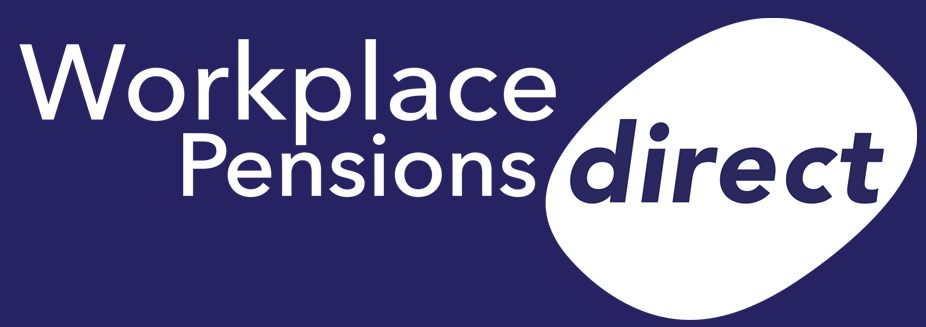When it comes to auto-enrolment compliance, WPD are not ‘scaremongering’ but ‘safeguarding’ employers from what lies in wait; WPD makes order out of chaos.
The Pensions Regulator (TPR) attempts to make it all appear easy to get firms across the line of the Declaration of Compliance. However, as TPR says: “… the law is still the law”.
It all seems so simple.
TPR say: “Micro employers with fewer than five members of staff spent up to 10 hours on tasks required over a 12-month period. Their set-up costs were usually relatively low or non-existent and they didn’t always need to appoint advisers to support them.”
So no need for an adviser then?
What’s hidden in the small print? TPR say in the detailed guidance:
“We hold information gathered from a range of sources. As well as case information, this includes scheme returns, recovery plans and the automatic enrolment declaration of compliance system. We also provide a straightforward and secure way for whistle-blowers to report concerns.
Where the law allows, we have secure mechanisms in place with other regulators and government bodies to exchange information. These bodies include the PPF, HMRC, the FCA and the DWP. We seek to pool data where possible, co-ordinate resources and minimise duplication.”
If a firm is making late returns to, or failings are identified with, other regulators and government bodies, this could trigger a TPR investigation. In particular, TPR receives RTI data from HMRC that it may cross-check with Declaration of Compliance data. If you have 10 eligible jobholders and no scheme members, this could trigger a TPR audit.
Evidence of this is given by TPR: “… the evaluation of proactive exercises undertaken to target employers/third parties posing a high risk of non-compliance.”
If that’s not enough
TPR adds, about a responsibility on employers to blow their own whistle:
“Whistle blowing is a key component in identifying breaches. Section 70 of the 2004 Act requires trustees and others – including sponsoring employers, auditors, actuaries, and other professional advisers – to report breaches of the law to us where they consider them likely to be materially significant to us.”
And, make the outcome of their investigations public:
“… we believe that publishing the outcomes of our work helps to improve standards and drive good member outcomes by raising awareness of the risks where schemes are poorly managed.”
What do TPR have to say about it all?
Charles Counsell, TPR’s executive director for auto-enrolment, said:
“While the vast majority of employers are complying with the law, some small employers are still risking fines by failing to understand how it affects them. We provide clear simple information on our website … we recognise that all employers are different – but the law is still the law.”
TPR adds about potential post-declaration risks: “A key strategic risk for us is that during staging (October 2012-February 2018) a sizeable proportion of employers fail to automatically enrol eligible jobholders (and opt in non-eligible jobholders) into a qualifying pension scheme. Also, this will be an ongoing risk as the duties continue to apply post staging to employers. In addition, there is a risk that employers may seek to induce or screen out workers during the recruitment process to circumvent their duties. There is a potential additional risk in that the root cause of an employer’s non-compliance may be their reliance on a pension/payroll provider to support the administration of their duties in an accurate and timely manner.”
TPR adds: “… We have strategies in place to educate and support employers through the automatic enrolment process and mechanisms for the early detection and remedy of declaration failures. Key intelligence sources in detecting this risk are the declaration system, whistleblowing reports and proactive exercises to check compliance.”
What do we think?
WPD says that whilst firms don’t NEED to appoint advisers to support them in completing a declaration of compliance, they may NEED to appoint advisers to comply with the full extent of the law.
Firms not seeking professional advice are risking unnecessary costs and fines by failing to understand the law.
Saving on advice fees – averaging £440 for a micro business – could prove a false economy when considering the available cost savings (of up to £1,000 per employee per annum) from designing a scheme correctly, and the potential penalties and bad publicity for failings.
It’s like an MOT
Imagine if you could self-declare your car MOT, and the regulator then checked your car and published its findings.
How can I guarantee compliance?
WPD guarantees cost savings, time-saving and compliance for their clients. Why would you not appoint an adviser to support you in this process, and avoid all the hassle?
WPD, safeguarding small businesses, not scaremongering.

